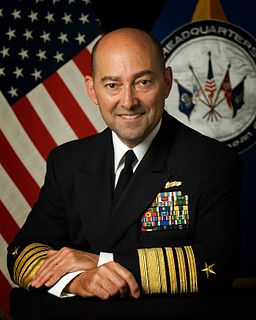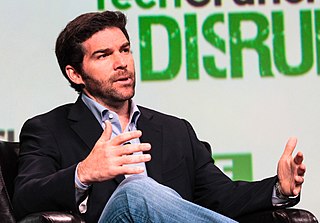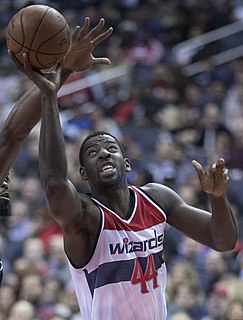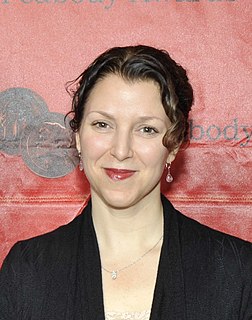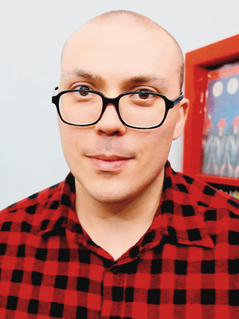A Quote by Lewis Howes
Online leadership is about leveraging digital platforms such as blogs, YouTube, Twitter, LinkedIn, Facebook, and other networks to build a loyal following of people who want to learn more about and benefit from your experiences and expertise.
Related Quotes
If you're going to build something, don't build on land someone else already owns. You want your own land, your own domain, your own sovereignty. Trouble is, so much of the choice land - the land where all the people are - is already owned by someone else: By Google, Facebook, Twitter, LinkedIn, Yahoo, and Apple (in apps, anyway).
Spreading the word on a zero budget is difficult. You find yourself spending all night on Twitter following people; using Facebook to leave messages on various club walls; commenting on YouTube clips and blog posts; giving interviews online and taking photos of bottles to send to websites in the hope that they feature you.
We want Facebook to be one of the best places people can go to learn how to build stuff. If you want to build a company, nothing better than jumping in and trying to build one. But Facebook is also great for entrepreneurs/hackers. If people want to come for a few years and move on and build something great, that's something we're proud of.
PR got to be much bigger because of the emergence of digital media. Now we have hundreds of people who are, in a sense, manning embassies for Facebook and Twitter for brands. So the business in effect has morphed from pitching stories to traditional media, to working with bloggers, Twitter, Facebook and other social media, and then putting good content up on owned websites.
'Dependent web' platforms such as Twitter, Facebook, Google and Yahoo are where people go to discover and share new content. Independent sites are the millions of blogs, community and service sites where passionate individuals 'hang out' with like-minded folks. This is where shared content is often created.



